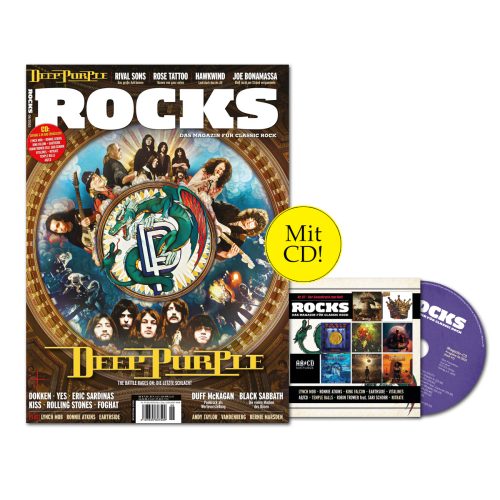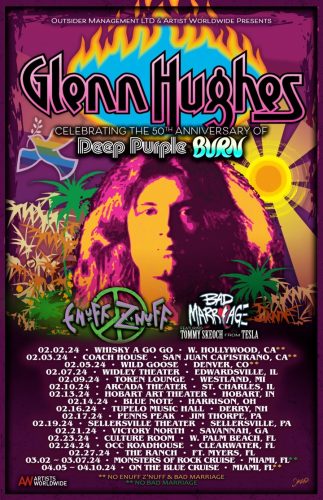A vintage interview with Roger Glover, originally published in an issue of New Musical Express from February 12, 1972. He talks about Gillan’s illness that cancelled the US tour towards the end of the previous year, recording a new album in Switzerland, how it compares to Fireball, financials of the band, and the creative process:
Why write most of your numbers actually in the Studio. Surely it must work out expensive.
“When we make an album we`ve got to be happy and relaxed, and if you`ve got hassles of getting equipment in from a rehearsal room, it doesn`t help. It`s worth the extra money we spend in studio time, just to be able to avoid the hassles.”
Is it always a joint group venture, writing a number?
“Officially it`s a five-way split when we write, but different people contribute different things to different songs. We know who wrote what, but I don`t think it`s apparent to the listener.
“For example, `Fireball` was written mainly by Richie, John and Ian. The basic ideas usually stem from Richie and myself.
“On the new album I got most of my ideas during the four weeks off, just because I was able to take time off and listen to some music and also drive around in my car and relax.
On the lyrics side, sometimes Ian Gillan will do them on his own, or we`ll get together. With one particular track on the new album, `Smoke on the water`, that particular phrase just came to me. My first thought was to write it myself as a folk song.
“I mentioned the idea to Ian, and no more was said until we came to write the lyrics of a song in the studio. So that`s how that number came about.”
Isn`t it annoying, for those of you who contribute more than others`, to still have this five-way-split on the songwriting side?
“Sometimes I feel I`d like more credit for some of the stuff I do, but the decision to split it five ways was made ages ago before “Deep Purple In Rock.”
That`s because our music is basically the result of a jam session. I think it avoids friction this way, though I can`t say it won`t in the future. As soon as money comes into it, people change. Some for the better – some for the worse.”
Read more in My Things – Music history for those who are able to read.
Thanks to Geir Myklebust for transcribing the interview, and to Uwe Hornung for bringing it to your attention.
![[hand]](/hs-pics/portraits/hands/morse8.jpg)
![[face]](/hs-pics/portraits/faces/morse3.jpg)



 Unauthorized copying, while sometimes necessary, is never as good as the real thing
Unauthorized copying, while sometimes necessary, is never as good as the real thing